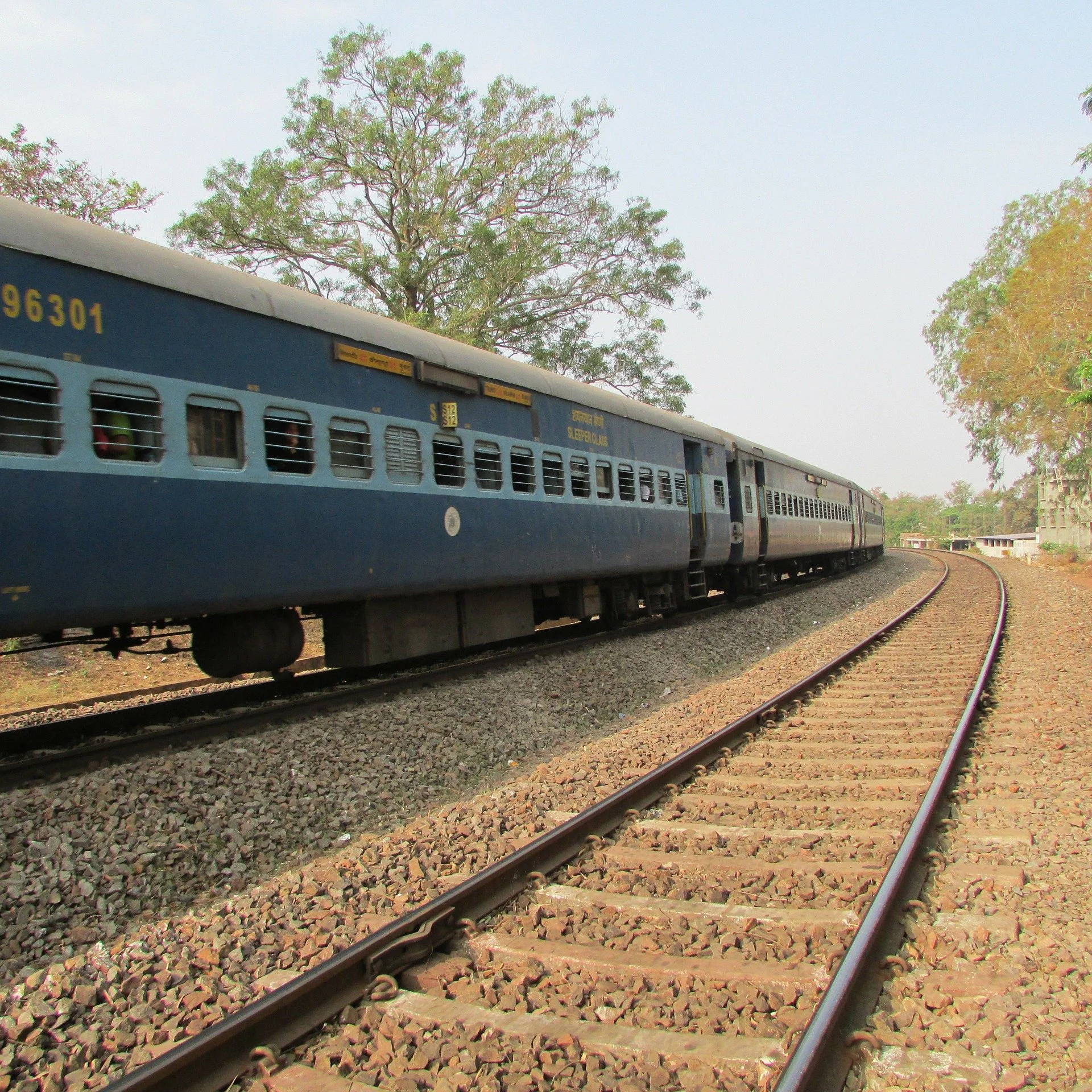Lion
SINCE BEING asked to take on this column back in 2013, I’ve seen a whole lot of films, some better than others. From next issue, I’ll be leaving this column in the capable hands of Hannah Kelso-Mason, but I thought there would be no better way to round out my cinematic run than with one of my all-time favourite films: 2016’s Lion. I did see this when it came out in France, however, recently watching it again, I was struck afresh by the power of Garth Davis’ feature debut and cannot fathom why I didn’t review it back then…
Based on the true story of Saroo Brierley, (fellow bibliophiles: every good story has a book, and Brierley’s autobiography is called A Long Way Home) watching this film requires tissues, and a lot of them at that. It opens with five-year old Saroo (Sunny Pawar) living in extreme poverty in rural India and determined to prove himself. Following his adored elder brother Guddu one night, he ends up on a train that takes him 1600km away to Calcutta. Eventually placed into an orphanage then adopted by Sue and John Brierley (Nicole Kidman and David Wenham) of Tasmania, Saroo is given a fresh start in life.
Twenty years later, however, and haunted by the ghosts of the family he lost, Saroo (played in adulthood by the excellent Dev Patel) begins the incredible task of finding his way back home, whatever the cost. Although Lion is PG, I would not advocate watching this film with younger children: some scenes can be quite upsetting. That said, this film deserves a whole lot of attention, and a lot more viewers. It will break your heart (and put it back together again). It’s powerful, moving, beautifully made, and will leave you thinking for days. If you haven’t yet seen it, go no further with this review: just go watch it
The heart of Lion’s story is the unshakeable love of a parent for their child. One particularly emotional moment sees a grown Saroo sitting beside his adoptive mother Sue, apologising for everything she has endured as an adoptive mother. Speaking both for himself and for his adoptive brother Mantosh, Saroo apologises for their troubled pasts, for the ghosts they brought with them, for the challenges of raising two children who were not ‘blank pages’. Sue, turning to him with tears in her eyes, reminds Saroo that she, and John, chose both him and Mantosh: that instead of having their own children, they chose to save these two out of abject poverty and it is her delight that they belong to her family.
One of the Devil’s favourite tactics is to drag us back into our pasts. He resurrects the ghosts of past sins, past shame, past hurts, and lays them all out in a damning pile before us, all to undermine our faith in God’s unshakeable love. Despite knowing that “to all who did receive him, who believed in his name, he gave the right to become children of God,” (John 1:12) we often get dragged into believing that in light of everything we have done – every single failing – God wants no more to do with us and that God would be better off without us. Yet this almighty, loving God turns to us, with nails pierced in his outstretched hands, and speaks: “Fear not, for I have redeemed you; I have called you by name, you are mine.” (Isaiah 43:1) What love is ours! Chosen, redeemed, justified. Therefore, the next time the Devil attacks with his flaming arrows of doubt, accusation and guilt, remember: “Who shall bring any charge against God’s elect? It is God who justifies. Who is to condemn? Christ Jesus is the one who died—more than that, who was raised—who is at the right hand of God, who indeed is interceding for us. Who shall separate us from the love of Christ?” Romans 8:33-35)

